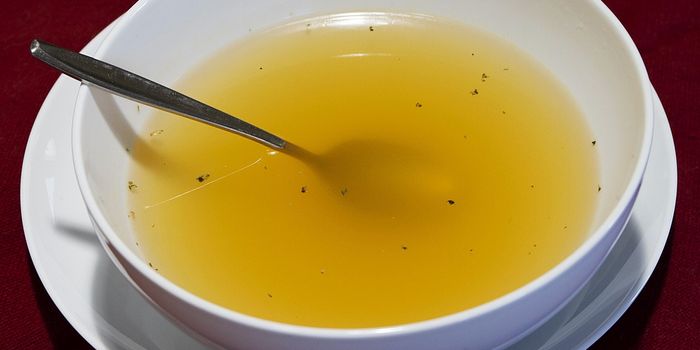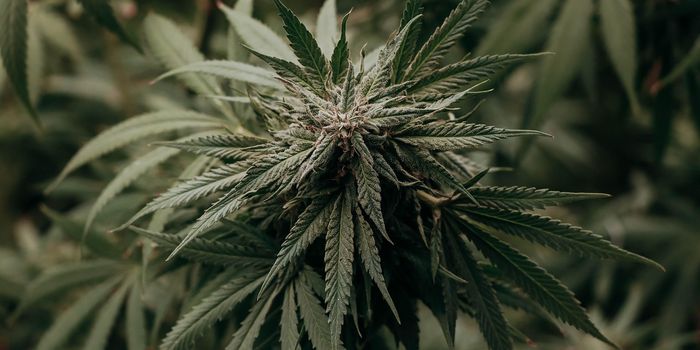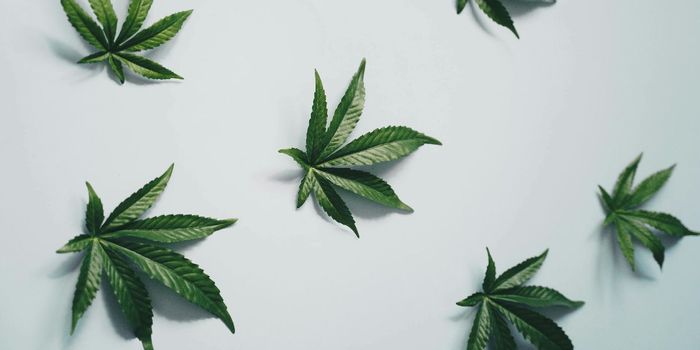Certain Gut Bacteria Improves Memory in Mice
Researchers from the US Department of Energy national laboratories have found that certain gut bacteria are able to improve memory in mice.
For their study, the researchers worked with a mouse model known as the Collaborative Cross. Including a wide variety of mouse strains, the model was intended to mimic the genetic diversity found in the human populations.
At the beginning of the study, each strain of mice was given a memory test. The researchers then set to find out the genetic characteristics present in those that scored highest on the tests. Two sets of genes were identified as being linked to the animal’s memory capacities, while one set of 135 genes had not previously been linked to memory nor cognition.
After this, the researchers examined the gut microbiomes of each of the different mouse strains. Lactobacillus was the most commonly found family of microbes linked to better memory. Meanwhile, L. reuteri seemed to be most associated with memory among all the other examined bacteria.
To understand the impact of L. reuteri, the researchers administered the bacteria to germ-free mice. Memory tests proved that the bacteria tended to improve their memory compared to germ-free mice who received different microbes.
While a link between Lactobacillus and memory was previously reported, we also found it independently in this unbiased genetic screen,” says Antoine Snijders, one of the study’s authors. “These results suggest that genetic variation in large part controls memory, as well as the differences in the composition of the gut microbiome across strains.”
To understand how certain gut bacteria appeared to improve memory, the researchers then analyzed their metabolites. Among the memory-enhancing microbes, they found that lactate was produced in large volumes. Feeding lactate directly to mice with poor memory then led to significant improvements in their memories.
“Our study shows that the microbiome might partner with genetics to affect memory,” says Janet Jansson, another of the study’s authors, “While this research strengthens the idea that diet, genetics, and behaviors – like memory – are connected, further work is needed to show if Lactobacillus can improve memory in humans.”
Sources: News Atlas, Science Daily









